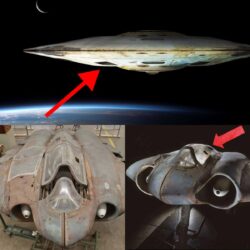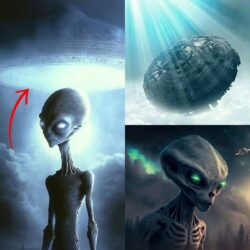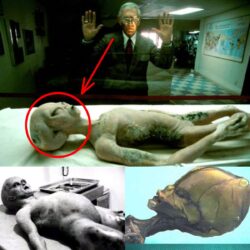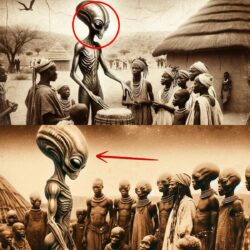Chilling Discovery: The Mermaid Mummy’s Terrifying Secrets Continue to Haunt Scientists

In a remarkable yet eerie find, scientists have unearthed a mermaid mummy that continues to baffle and haunt the scientific community. This discovery, blending elements of myth and reality, reveals terrifying secrets that challenge our understanding of both history and biology.
The Discovery
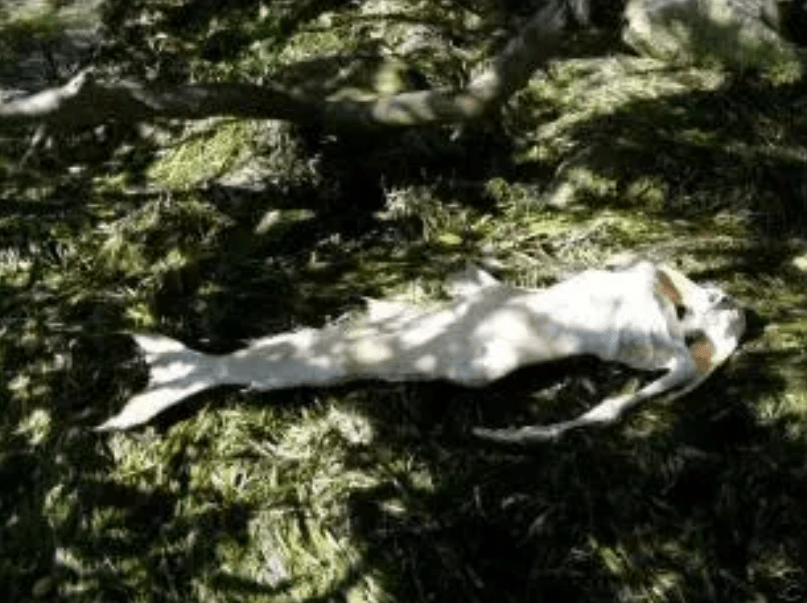
The mermaid mummy was discovered in a remote coastal cave in Japan, a region known for its rich folklore and legends of mermaids, or “ningyo.” Local fishermen stumbled upon the cave after a severe storm had uncovered an entrance previously hidden by vegetation and debris. Inside, they found a small, carefully sealed stone coffin containing the mummified remains.
Initial Examination
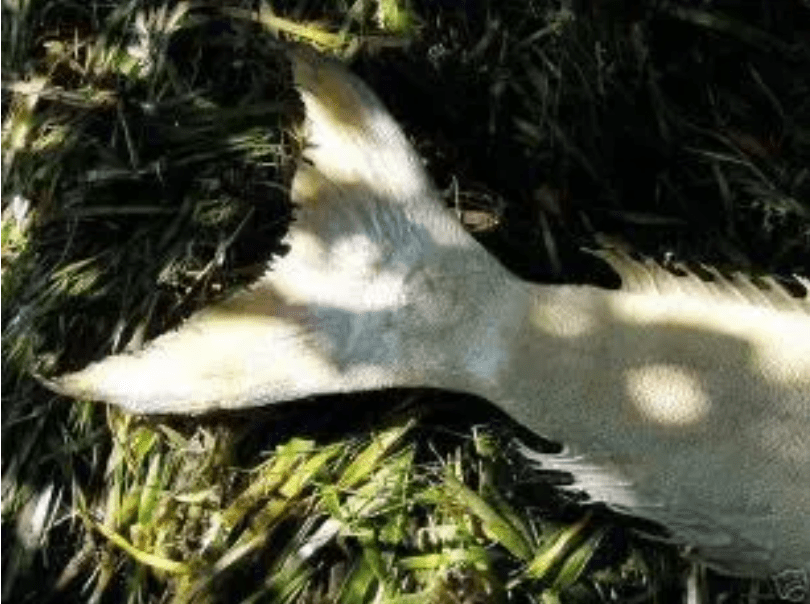
Upon examination, the mummy appeared to be a fusion of human and fish characteristics. It had the upper body of a small humanoid figure, with delicate, yet disturbingly sharp features, and the lower body of a large fish. The preservation of the mummy was extraordinary, with scales, hair, and even some internal organs intact.
Scientific Analysis
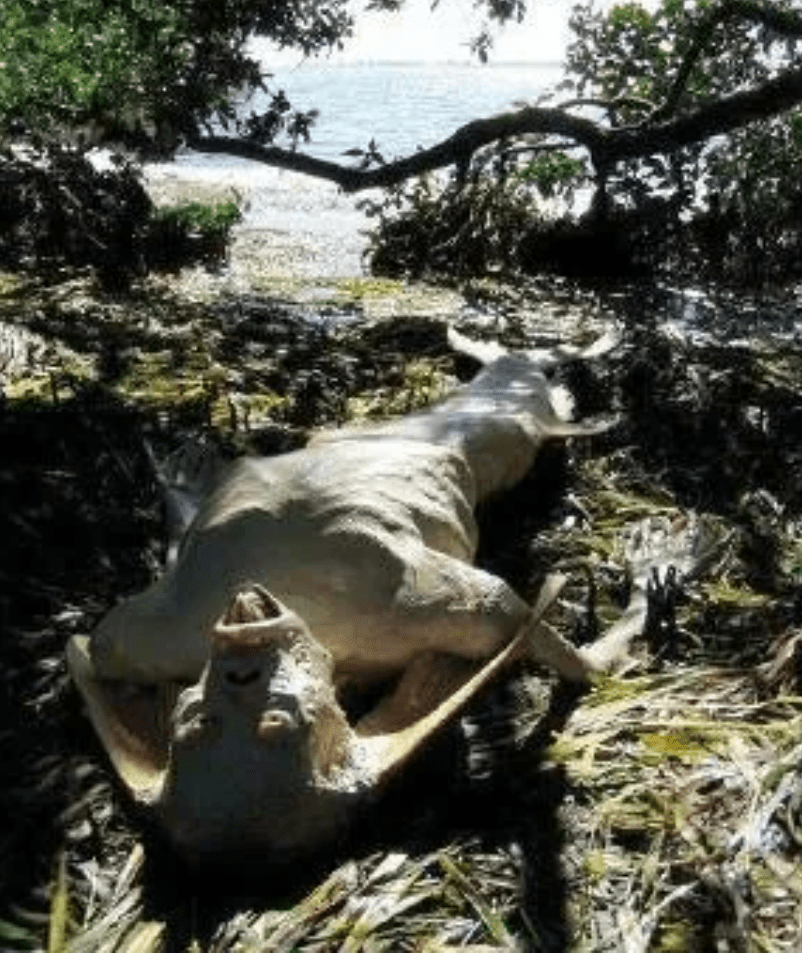
A multidisciplinary team of scientists, including archaeologists, marine biologists, and geneticists, was assembled to study the mummy. Radiocarbon dating placed the mummy’s origin around the 12th century, coinciding with a period rich in mermaid folklore.
Terrifying Secrets Unveiled
- Genetic Anomalies: Genetic analysis revealed a perplexing blend of human and fish DNA, something that modern science cannot easily explain. The human DNA suggested a female of East Asian descent, while the fish DNA appeared to belong to a species of deep-sea fish, previously unknown to science.
- Unusual Anatomy: Detailed scans and dissections uncovered several anatomical anomalies. The lungs, while resembling human lungs, had adaptations that suggested an ability to extract oxygen both from air and water. Additionally, the digestive system showed a unique combination of human and fish traits, capable of processing a diet that included both plant and marine life.
- Artifacts and Inscriptions: Alongside the mummy, researchers found a series of artifacts, including shells and ancient scrolls with inscriptions. The inscriptions, written in a mix of classical Japanese and unknown symbols, appeared to be ritualistic in nature, possibly hinting at the mermaid’s significance in local culture and mythology.
